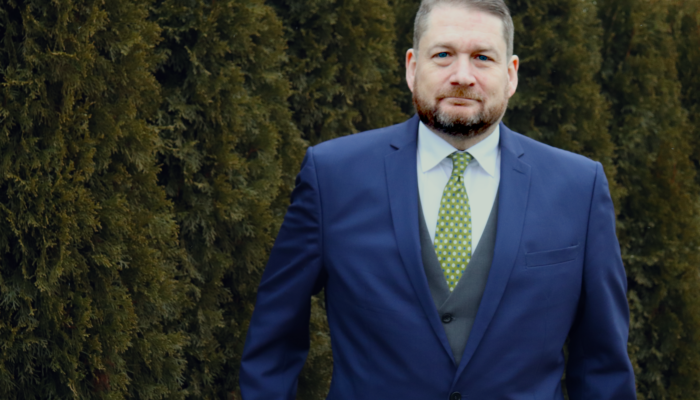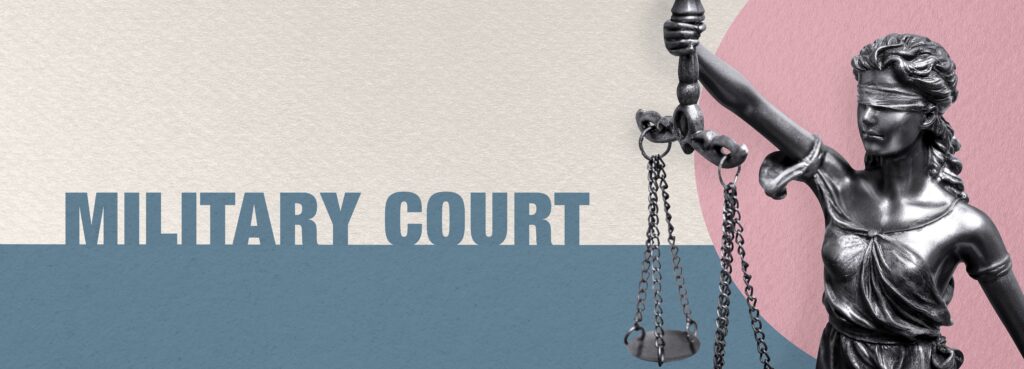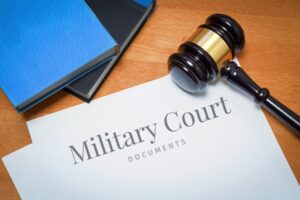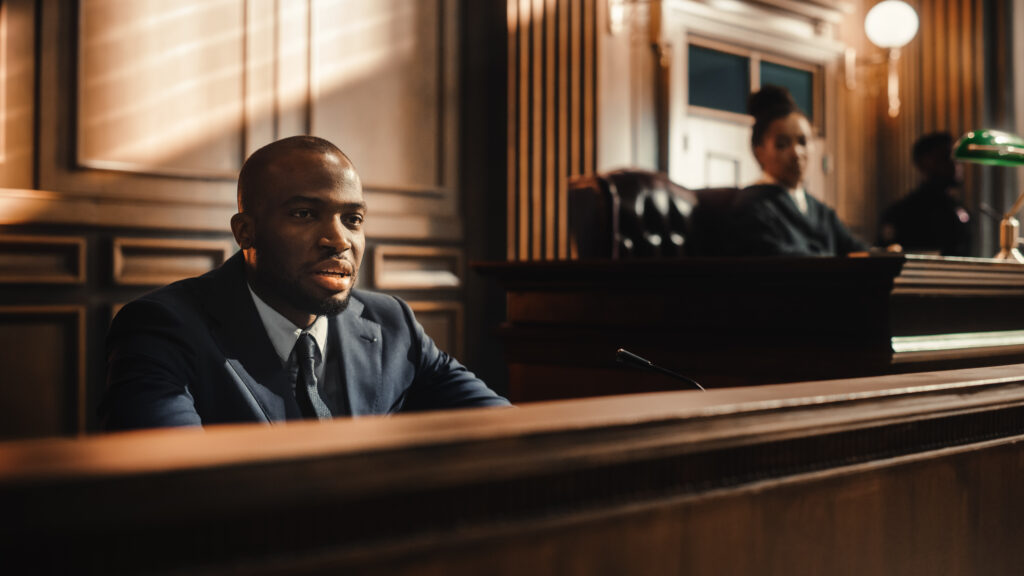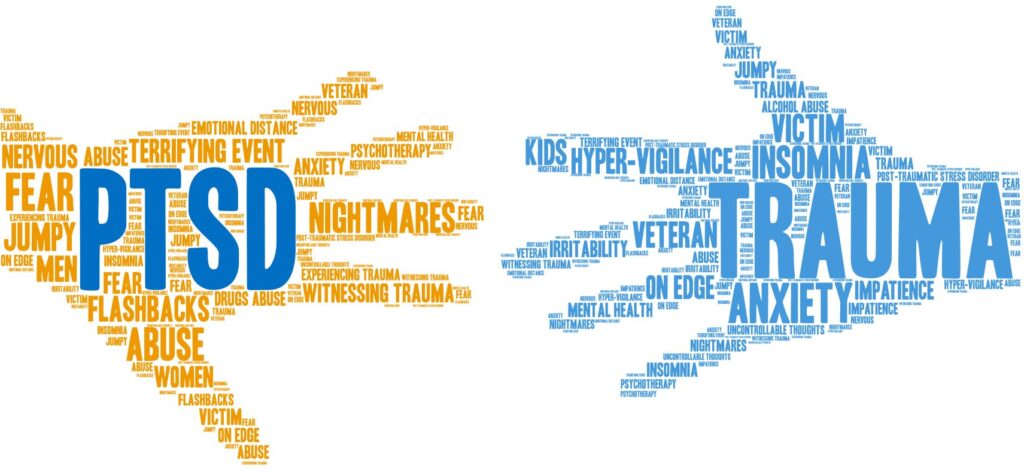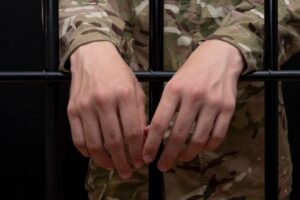To Testify or Not to Testify – That is the Question.
One of the first questions a military defense lawyer should answer is whether the Accused will testify in his or her own defense during the merits portion of a court-martial. This decision will drive most of the other decisions of the trial, and establish the core of the Defense case, around which the remainder of the Defense case is built. The decision whether the Accused testifies on the merits portion of the trial is NOT a decision made by the military lawyer – it is a decision made solely by the Accused. Of course, the Accused will rely heavily upon the advice of his military lawyer, but the ultimate decision rests only with the Accused. I can say in my last ten (10) contested courts-martial, the Accused has testified on the merits in every case. The ranks of the Accused have ranged from Private First Class to First Sergeant to Chief Warrant Officer 2 in those cases. For me and the military defense lawyers at the Law Office of Will M. Helixon, we begin with the starting point that the Accused should testify on the merits portion of the case in his own defense. For me personally, this “starting point” is based on my thirty (30) years of experience as a trial lawyer and on the outcomes in the over 150 contested trials I have litigated in my career, both as a military prosecutor and a military and civilian defense counsel. Upon what does the military defense lawyer base their advice when making the decision to recommend to the client that they should testify on their own behalf in the pending court-martial? What factors should the military defense lawyer consider when formulating their legal advice to the client regarding whether to testify on the merits? These are GREAT questions and the formula for answering them will provide the military defense lawyer with the needed information to intelligently advise his client whether to testify or not.
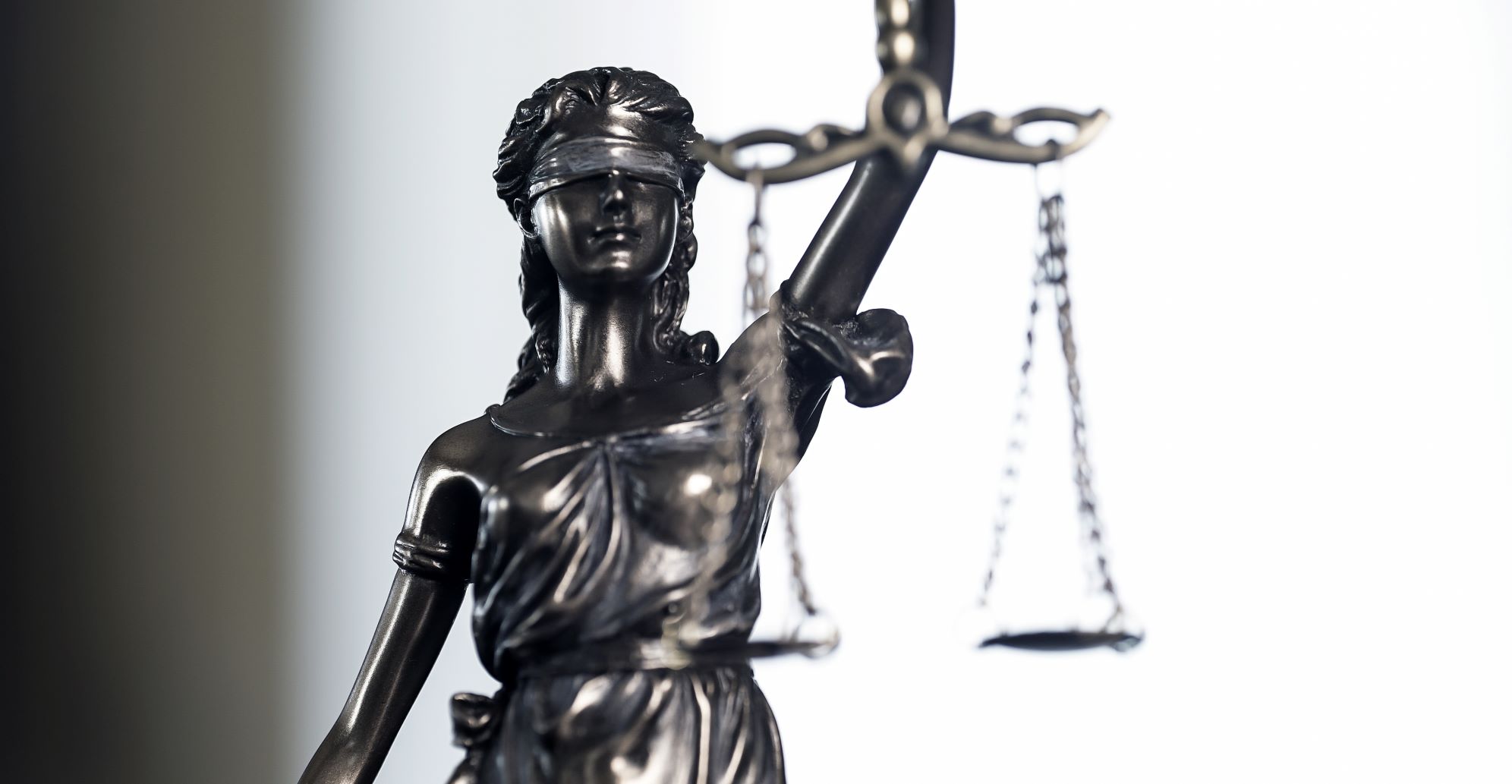
Remain Flexible — Original Plans May Change
As most know, courts-martial are their own lifeforms and they NEVER go exactly as planned. Although military defense counsel should have a plan regarding whether the Accused is going to testify well in advance of trial, the battlefield may change during trial. For instance, if the trial turns into a “disaster” and the only way to win is a “Hail Mary,” the military defense counsel may advise the Accused to testify where it was planned that they were not previously. This is why it is good to always be prepared to have the Accused testify even if the plan is to not testify. Likewise, the Accused may be ready to take the stand and testify, but Government case fell apart, with the alleged victim all but recanting on the stand. In such cases, it may be advisable to not have the Accused testify as planned. The bottom line is to be prepared, and adjust to the specifics of your court-martial as they emerge during the trial. A note on when the Accused should testify. I generally favor having the Accused testify first out of the gate. Again, this is a general rule that is driven by the evidence. If you need to set up the Accused’s testimony with other witnesses, then that is the appropriate course of action given the specifics of your court-martial. It can also be argued that the Accused should testify last, tying all the evidence together and being the last testimony heard by the military members before they deliberate. What the military defense counsel should not do is go into the defense case without a plan — and as they say — no battle plan survives the first contact with the enemy. The same is true of courts-martial.
Preliminary Thoughts on Whether the Accused Should Testify.
A few preliminary thoughts. First, the Accused has the absolute right not to testify at a court-martial. This right is enshrined in the Fifth Amendment to the U.S. Constitution and in Article 31(b) of the Uniform Code of Military Justice. If an Accused decides not to testify at a court-martial, the military judge will instruct the members that they can draw no adverse inference from the decision not to testify at trial by the Accused. Frankly, military members are pretty good about not drawing adverse inferences against the Accused for not testifying. They tend to follow the law. With that said, if the Accused is a Non-Commissioned Officer, especially a Senior NCO, or a Commissioned Officer, there is an expectation that the Accused will testify and tell their of the story. This is a natural expectation in the military, where NCOs and Officers are expected to justify or explain their orders and directions, and likewise explain their conduct when it is questioned. While I firmly believe that the members will follow the military judge’s instruction on the law – and not draw adverse inferences from the Accused not testifying – the expectation that they should testify will still exist, and the members will wonder what the Accused would say if they had testified. With those caveats, what are the factors and considerations that must be analyzed before the military lawyer advises the client whether or not to testify on the merits (as compared to sentencing) of the court-martial? We have identified twelve (12) factors or considerations to weigh when advising your client whether to testify or not.
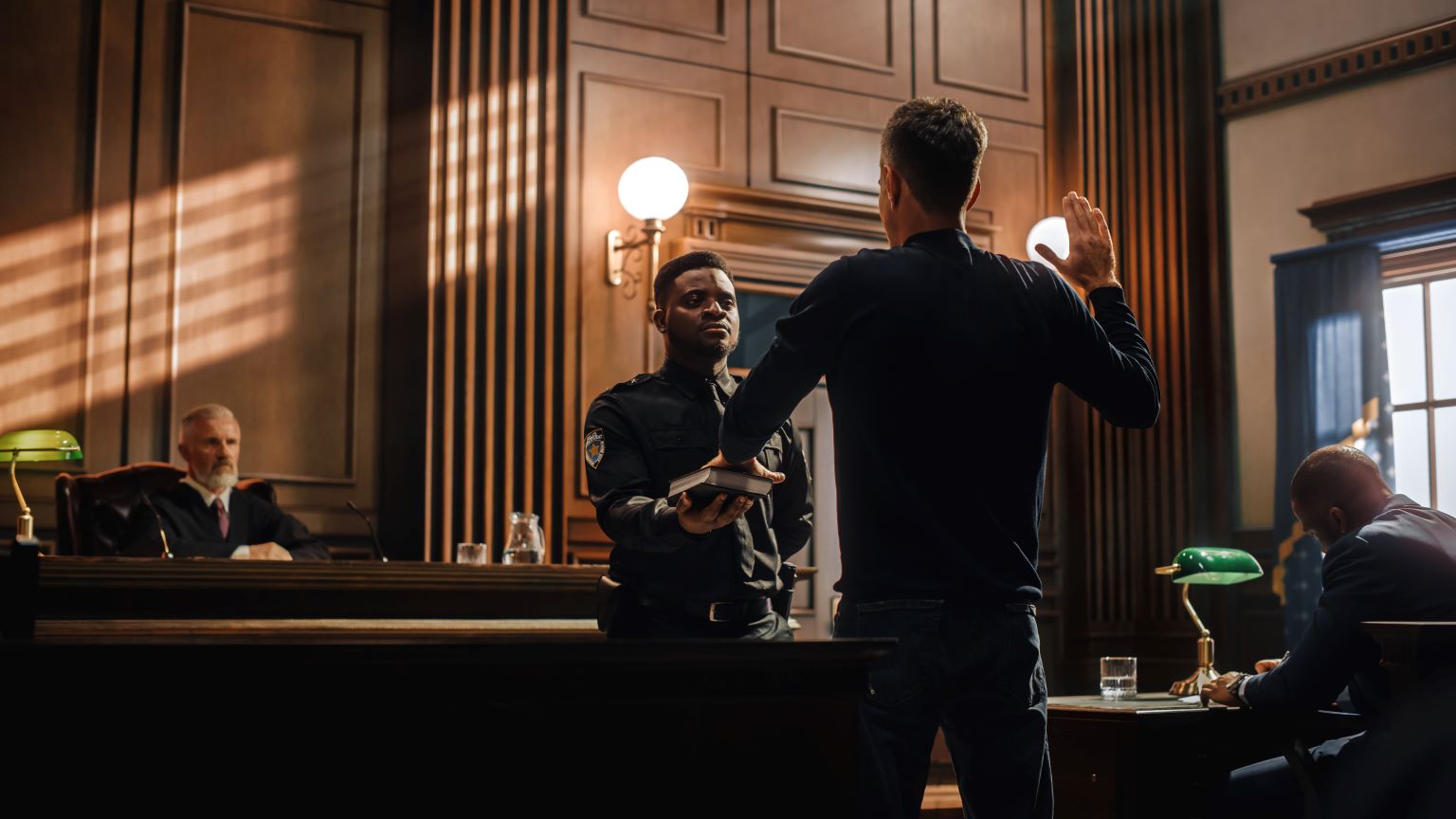
Factors to Consider Before Advising the Accused Whether to Testify or Not.
To begin, it is important to note that every court-martial case is different, and there is no one-size-fits-all approach to determining whether an Accused should testify. The decision ultimately hinges on a range of complex and often competing considerations, including the case’s facts, the Accused’s prior criminal history, the potential credibility of the Accused, and the strength of the Government’s case. Here are some of the key factors that military defense lawyers should weigh when making this critical decision as to what advice to give the client regarding testifying at a court-martial:
1. What is the Nature and Strength of the Government Case Against the Accused?
The strength of the Government’s case is a critical factor that determines whether an Accused should testify at the court-martial. If the Government has a strong case against the Accused and a significant amount of evidence that could potentially incriminate them, it may be in the Accused ‘s best interest to avoid testifying in court. This is particularly true if the Government’s evidence is mostly circumstantial, as it can be challenging for an Accused to rebut without incriminating themselves. In such cases, a seasoned military defense lawyer may dissuade the Accused from testifying in court and instead seek to discredit the Government’s evidence through cross-examination of their witnesses and identifying lapses in the Government’s case. On the other hand, if the Government’s case is based solely on the testimony of an alleged victim, or rests on the Government inferring the specific intent of the Accused based on the evidence (excluding prior statements of the Accused), then it will usually be beneficial for the Accused to testify at trial. In these instances, the Accused’s testimony would directly refute the Government’s evidence, and ultimately, theory of the case. Most of the cases tried in the military fall into this second category, especially the cases involving sexual assault and domestic violence.
2. Has the Accused Given Pre-Trial Statements Admitting to the Offenses?
In cases where the Accused has “confessed” to law enforcement and provided a written or videotaped statement outlining the misconduct, it is usually advisable for the Accused to not testify at the court-martial. This is especially true when there is great detail given in the statement, and there is evidence supporting the elements of each charged offense, not just conclusory statements. If the Accused testifies at trial in such instances, they will have to contradict the prior statements, including the details provided, and risks looking like they are “lying” to avoid prosecution.

However, if the pretrial statement of the Accused is an exculpatory statement, or does not outline the elements of the offenses, then the Accused should consider testifying at trial, so long as the statements can be “woven” into the direct testimony. It is critical that these pretrial statements not be seen as inconsistent or contradictory. If they can be adequately explained and are consistent with the Defense narrative, then serious consideration should be given to the Accused testifying on their own behalf at the court-martial.
3. Can the Defense Theory be Proven without the Testimony of the Accused?
In most cases, especially cases of sexual assault and domestic violence, the Defense Theory cannot be adequately proven without the testimony of the Accused. How does the Defense get the defense of consent or mistake of fact as to consent before the members without the testimony of the Accused? Admittedly, in some instances it can be done through cross-examination of the alleged victim, but in today’s military sexual assault climate, where every alleged victim has their own Special Victim Counsel (SVC), the ability for the Defense to develop this cross-examination is limited. This is especially true since most SVCs refuse to let their client (alleged victim) interview with the Defense before trial, so the first shot at cross examination is when the alleged victim takes the stand – this is too late to develop your Defense Theory of the case. As a result of these “safeguards” developed to shield the alleged victim from the Defense, the Accused will have to testify to get their version of events before the members. In cases requiring specific intent, such as larceny and BAH Fraud cases, the best evidence of that specific intent is the testimony of the Accused. Only they can provide what was actually the thought process behind the documentary evidence usually supporting those charges.
4. Is there a Government Narrative that can Only be Countered by the Testimony of the Accused?
When the only evidence to contradict the Government narrative and theory of the case is the testimony of the Accused, it is strongly recommended that the Accused testify in those instances. The military defense lawyer will be able to determine if they can get their counter narrative before the members through their request for production of witnesses, defense discovery, and pretrial motions hearings. If at the conclusion of those efforts to get the Defense narrative before the military members it appears that the only evidence supporting the Defense Theory is the testimony of the Accused, then they should consider testifying at the court-martial.
5. What is the Credibility of the Accused Regarding the Character for Truthfulness?
The credibility of the Accused is another crucial factor that military defense lawyers need to pay close attention to when deciding whether to call their client as a witness in their court-martial. If there are credibility issues, such as a history of deceit or dishonesty, an Accused testifying in their case might do more harm than good, particularly in instances where the Government is able to successfully impeach the Accused’s testimony. A military defense lawyer needs to carefully review their client’s history and assess their credibility before making a final decision about whether they should testify at the court-martial.
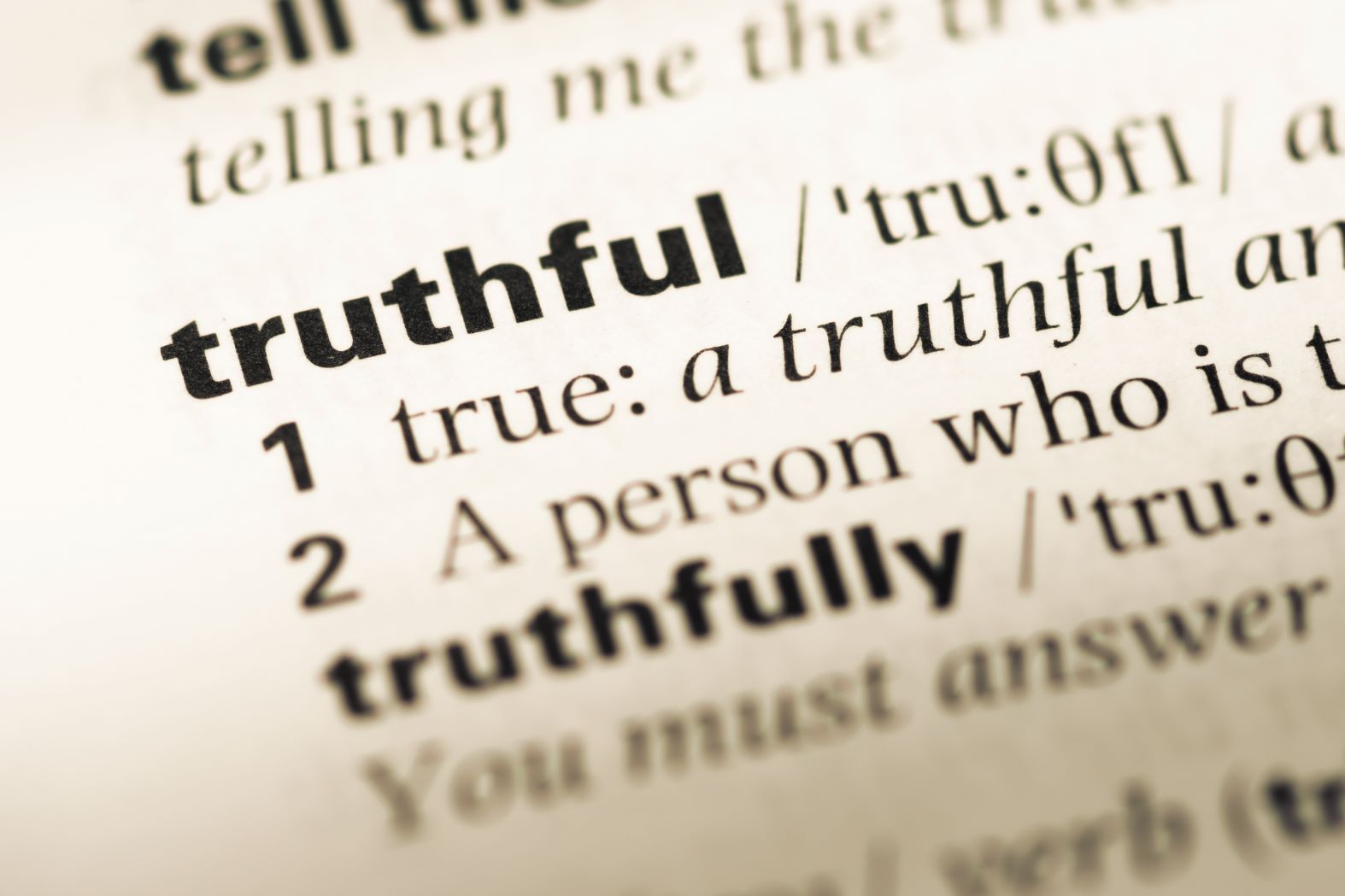
This history requires investigation on the part of the Defense. The military lawyer should start by asking the Accused who would testify that you have a character for truthfulness, or have a reputation for being truthful? This list should be complete, and consider friends, co-workers, peers, subordinates, and superiors. The military lawyer should also ask the Accused who does not like you and would say negative things about you? Both of these groups of potential character witnesses should be interviewed to determine the Accused’s character for truthfulness. If the military lawyer determines that the Accused has a provable character and reputation for truthfulness, then the Accused should consider testifying at the court-martial, if their testimony advances the Defense Theory and narrative. Conversely, if there is evidence of a character for untruthfulness or reputation for untruthfulness discovered, the Accused should be confronted with that evidence, and be dissuaded from testifying at the court-martial.
6. What is the Criminal History and Adverse Actions Against the Accused in the Military?
When deciding whether to call an Accused as a witness in their case, military defense lawyers also need to consider the Accused’s prior criminal history. If the Accused has a history of criminal activity or has been convicted of a crime in the past, testifying in court could open the door to a damaging cross-examination from the Government. Past criminal activity can be used to impeach the Accused’s credibility and potentially cause them to appear untrustworthy or unreliable in the eyes of the military members. In many instances, especially in the military, there will be no prior criminal history of an Accused. This is simply true because when a military member engages in misconduct in the military, they are usually separated for that misconduct (or court-martialed). So, the Accused is usually facing adverse action for the first time at a court-martial. In cases where there is no prior criminal history or a history of adverse administrative actions, the Accused should consider testifying on their own behalf at the court-martial. This is not always the case. Sometimes, there will be a history of adverse administrative actions taken against the Accused before trial on unrelated matters. If the underlying misconduct in those instances has a bearing on truthfulness, such as prior false official statements, or forging of documents, or misrepresentations made to the command, then this evidence can be used against the Accused if they decide to testify. As a result, in these cases, the Accused should be discouraged from testifying.
7. What are the Abilities of the Accused to Testify in a Coherent Fashion without Appearing to be Incredible?
An Accused’s communication abilities play an important role in the decision about whether to have them testify in court. Not every Accused is comfortable speaking in public, and some may struggle to articulate their thoughts under the pressure of the trial setting. If an Accused has difficulty communicating effectively, they may provide inconsistent or garbled testimony that could undermine their credibility in the eyes of the military members. This can be a very specific issue in cases where the charges involve technical data or the underlying subject matter is very specialized, such as in a BAH Fraud case or other complicated larceny schemes. In such cases, the military defense lawyer may recommend not calling their client to the witness stand in court. Conversely, if the Accused is an articulate, clear-thinking, organized speaker, and they are not intimidated telling their version of the facts, then consideration should be given to having them testify at the court-martial. In the military, most NCOs and Officers are put into positions that require them to brief subordinates and go through military decision-making processes that train them to be better than average communicators. Military defense lawyers should use this to their advantage.
8. What is the Ability of the Accused to Withstand the Cross-Examination of the Government Trial Counsel?
The Defense must also consider the potential for the Government’s cross examination of the Accused. Cross-examination is a critical part of the adversarial process in courts-martial, and an Accused who takes the stand must be prepared for intense scrutiny from the Government. If the Government has evidence that could potentially contradict the Accused’s testimony, or if they are likely to be able to impeach the Accused’s credibility through cross-examination, the military defense lawyer may determine that it is not in their client’s best interest to testify. Instead, they may attempt to discredit the Government’s evidence through other means, such as cross-examining the prosecution’s witnesses, offering testimony from other defense witnesses, or drawing inferences from other evidence present. If the Accused does testify, they will have to “eat” any bad facts that exist that cannot be explained away rationally.

As a practice tip, most Government Trial Counsel are relatively unprepared to cross-examine an Accused. At the outset, cross-examination of the Accused is one of the most difficult cross-examinations conducted by prosecutors. This is especially true if there are no pre-trial statements to use to “box in” the Accused. Since the Government does not have the opportunity or the right to talk to the Accused before they take the witness stand, the cross-examination is “naked” and often without sufficient preparation. In fact, some young Government prosecutors count on the Accused not testifying and are wholly unprepared for an Accused’s cross-examination. A seasoned military defense lawyer should not rely on this lack of preparation by the Government as being a reason to have your client testify but should not be surprised by ineffective cross-examination by the Government.
9. Does the Accused Want to Testify, or Alternatively, Does He Object to Testifying?
This is probably the easiest factor for a military defense lawyer to assess. If the Accused is terrified about testifying and strongly objects, one should determine their reasons. If they can be overcome with practice and preparation, then that is one thing. If on the other hand, they are deep rooted, and based on the evidence that they would have to give under oath and testifying truthfully, then they should obviously be advised not to testify.
10. Can the Military Defense Lawyer Ethically Have the Accused Testify on Their Own Behalf?
This is related to whether an Accused wants to testify. The Rules of Professional Conduct govern what evidence the military defense lawyer can ethically put on the stand. If the military defense lawyer knows the Accused is going to testify untruthfully beyond a reasonable doubt, then they are prohibited from allowing the Accused to testify. In those very rare circumstances where the Accused insists on testifying falsely, then the military defense lawyer should seek the advice of their State Bar and are usually prohibited from eliciting “questions and answers” from the Accused, but rather must only permit them to testify in narrative fashion.

However, if the military defense lawyer does not believe the Accused will testify falsely, and is merely inconsistent with prior testimony, or even with prior statements made to the lawyers, there is generally no prohibition from the military defense lawyer from directing the Accused in a “questions and answers” format when they testify. Regardless, if the testimony appears to be rehearsed, unbelievable, or unreliable, caution should be given to having the Accused testify on their own behalf.
11. Can the Accused Take Advice from the Military Defense Lawyer on Presentation, Style, and Poise when Testifying?
Phrased another way, can the Accused not lose his composure when testifying. This is not usually an issue on direct examination but is a potential issue during the Government’s cross-examination of the Accused. If the Accused is “coachable” from a communication perspective, then they will make a much better witness. DO NOT take this to mean tell the Accused what to say, or suggest answers to specific questions, it means using proper phrasing, avoiding vernacular or profanity, maintaining appropriate military bearing, addressing the court personnel appropriately. The Accused must avoid looking like he just walked in from the motor pool with his Specialist-mafia or is out with his fellow Captains hitting the town. The military defense lawyers should assess the Accused’s use of language, tone, pacing, pitch, speed of delivery, pauses, non-verbal cues, and overall communication skills when deciding on whether to recommend that they testify at a court-martial. If the communication skills need improvement, can they be appropriately coached before trial. If the Accused is or will be an effective speaker at the court-martial, consideration should be given to them testifying on their own behalf.
12. Bottom Line, Do the Benefits of Testifying Outweigh the Potential Risks?
Despite if all the above factors weigh against an Accused testifying, in certain circumstances, there could be strategic benefits of calling the Accused to testify. For example, if the Accused has a compelling personal story or perspective that could sway the military members in their favor, it might be worth taking the risk to testify in court. Additionally, if the Defense is having a tough time convincing the military members of its best alternative theory or narrative, testimony from the Accused under oath could clarify some aspects of the case and help the Defense win their case. However, testifying could also expose the Accused to harmful cross-examination, so any potential benefits need to be carefully weighed against the risks.
Conclusion – Deciding Whether the Accused Testifies.
The decision of whether an Accused should testify in their own defense rests on a number of complex factors that must be weighed deliberately. Military defense lawyers must make a calculated assessment of the Accused’s potential credibility, the strength of the Government’s case, and other considerations related to the court’s-martial circumstances to make a well-reasoned decision. Ultimately, the choice of whether the Accused becomes a witness rest upon the decision of the Accused based on the sound advice of their military defense counsel, and it is essential that the decision is made in the best interests of the client who is their primary obligation. In almost all cases in my personal experience, the benefit of the Accused testifying outweighs the risks of such testimony and is almost always helpful to the Defense merits case.
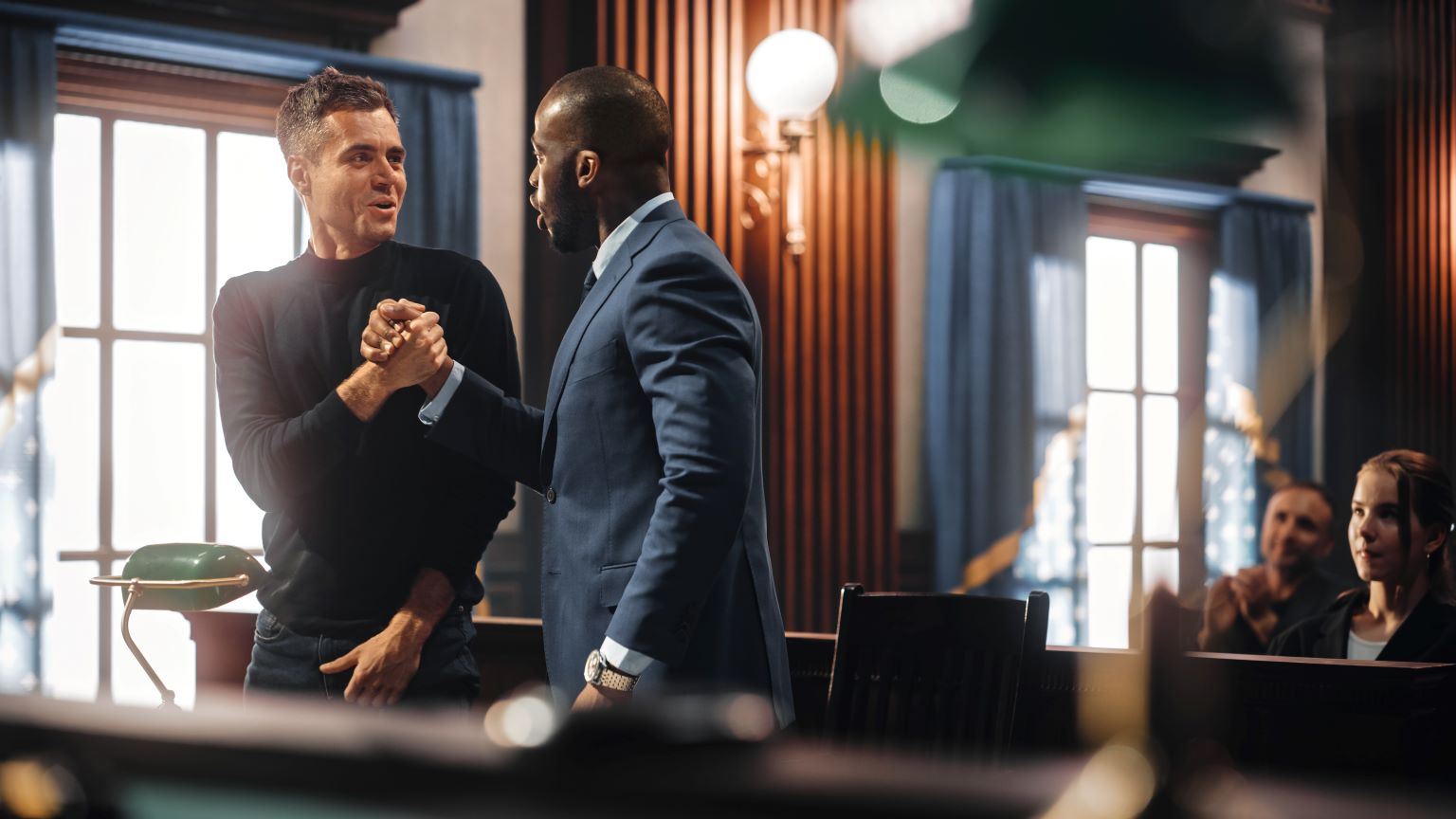
More about the Law Office of Will M. Helixon
Will M. Helixon established the Law Office of Will M. Helixon in February of 2016. Originally headquartered in Kansas City, Missouri, the firm’s original mission was to defend members of the military in courts-martial, adverse administrative proceedings and other criminal proceedings. Today, the firm has worked as military lawyers in multiple complex and high-profile military cases. The firm now handles most military matters, including medical issues involving the MEB/PEB process, adverse administrative matters, military justice matters, and legal assistance matters, including the correction of military records. No longer in Kansas City, the firm now has a European office physically located in Vilseck, Germany. Call us today to assist with your legal issue in Germany or the United States. All military lawyers at the Law Office of Will M. Helixon maintain licenses to practice before all military trial courts.
Law Office of Will M. Helixon – Germany, Hans-Ohorn-Platz 7, First Floor, 92249, Vilseck, Germany.
Germany +49 (0) 9662-293-8047
United States (913) 353-6466

